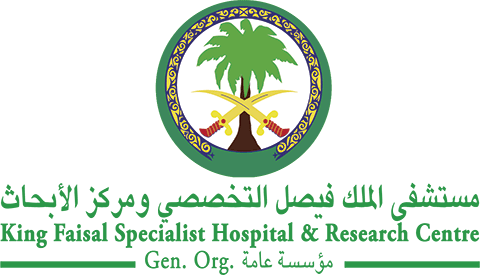Abstract
Objective/Background: Mixed chimerism is a major concern after allogenic hematopoietic stem cell transplantation (HSCT) using a reduced-intensity conditioning (RIC) regimen in primary immunodeficiencies (PIDs). A donor lymphocyte infusion (DLI) escalating dose regimen has been developed with the aim of reducing toxicity while preserving efficacy. However, the graft-versus-host disease (GvHD) development remains the most common and adverse effect of DLI and continues to be a limiting factor in its application, especially nonmalignant diseases such as PIDs. We prospectively evaluated PID patients after HSCT using RIC in Children s Medical Center, who were candidates for an escalating dose of DLI for MC from 2016 to 2018. Methods: With the median follow-up of 16.4 months, 12 patients (nine males and three females) with a median age of 3.72 years received DLI. Median donor chimerism at baseline before the DLIs was 41% (range, 11–73%), patients received DLIs at a median of 105 (range, 37–230) days and 52 (range, 3–168) days after the HSCT and onset of the MC, respectively. At the final assessment, six (54.5%) patients improved after DLIs at a median of 47.3 days. Conclusion: PID patients may benefit from DLI with an escalating dose regimen, but the GvHD development remains a concern during the DLI, and the optimum dose and frequency must be standardized.
Recommended Citation
Ali, Tahani; Behfar, Maryam; Mohseni, Rashin; Salajegheh, Pourya; Kheder, Maged; Abou-Fakher, Faihaa; Nikfetrat, Zeynab; Jafari, Fahimeh; Naji, Parisa; and Hamidieh, Amir Ali
(2022)
"Escalated dose donor lymphocyte infusion treatment in patients with primary immune deficiencies after HSCT with reducedintensity conditioning regimen,"
Hematology/Oncology and Stem Cell Therapy: Vol. 15
:
Iss.
4
, Article 4.
Available at: https://doi.org/10.1016/j.hemonc.2021.06.002
Creative Commons License

This work is licensed under a Creative Commons Attribution-Noncommercial-No Derivative Works 4.0 License.
Included in
Cancer Biology Commons, Hematology Commons, Oncology Commons

